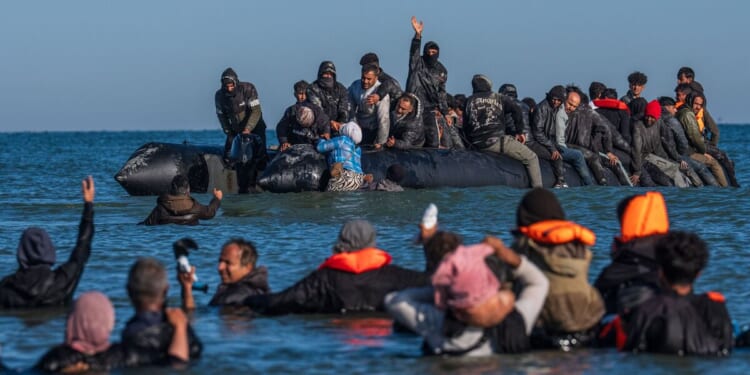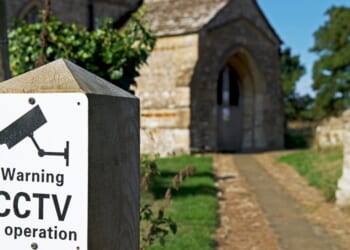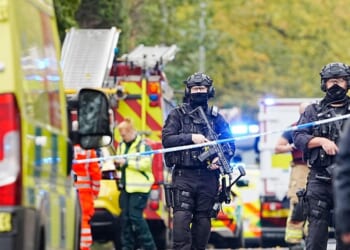Sudan is collapsing, and the world is watching. What began as a power struggle between two rival generals has spiralled into a humanitarian catastrophe, displacing millions and destabilising the wider Horn of Africa. Yet the international community, including Britain, has blinked. Letting this civil war escalate is creating a migration time bomb that will soon reach our shores.
Why will fleeing families head here? Because we have deep history with Sudan. We used to run it. We shaped its early governance structures, institutions – and its borders. We developed its civil service and established schools and universities that once made Khartoum a centre of learning in East Africa.
The Sudan Defence Force, the precursor to today’s national army, was modelled on British military traditions of discipline and service. For decades this created an enduring affinity between our nations, underpinned by shared systems of administration, law, and leadership.
At independence in 1956, political, cultural, and trade ties to Britain were strong. But our post-independence disengagement helped create a vacuum in which military coups became the default mechanism for power. For decades, Sudan has endured dictatorship, division, and the imposition of sharia law, which further fragmented its social fabric.
The last general to run Sudan, Omar al-Bashir, held power for 30 years. One of the most ruthless autocrats of modern Africa. He presided over systematic repression, ethnic violence, and economic exploitation that hollowed out Sudan’s institutions, scarred its people, and saw South Sudan break away in 2011. His eventual overthrow in another coup in 2019 brings us to today’s conflict.
Now two rival generals fight for control: General Hemedti, who built his Rapid Support Forces (RSF) by rallying ethnic militias across the country, and General al-Burhan, head of the Sudanese Armed Forces (SAF). Neighbouring powers, from Egypt and the UAE to Russia’s Wagner network, have backed opposing sides, turning Sudan into a proxy battlefield.
Where is Britain in all this? We are the UN penholder for Sudan, responsible for leading Security Council strategy. “Putting fires out at source” was once at the heart of UK foreign policy. Britain did this well – combining our international convening power, developmental aid, and moral clarity to build stability abroad.
Soft power must mean action, not hand-wringing. Stabilising regions before crises reach us. Sudan is not a distant tragedy; it is a test of whether Britain still has the will, and the wisdom, to lead. Fail that test, and our migration challenge here will only grow.















